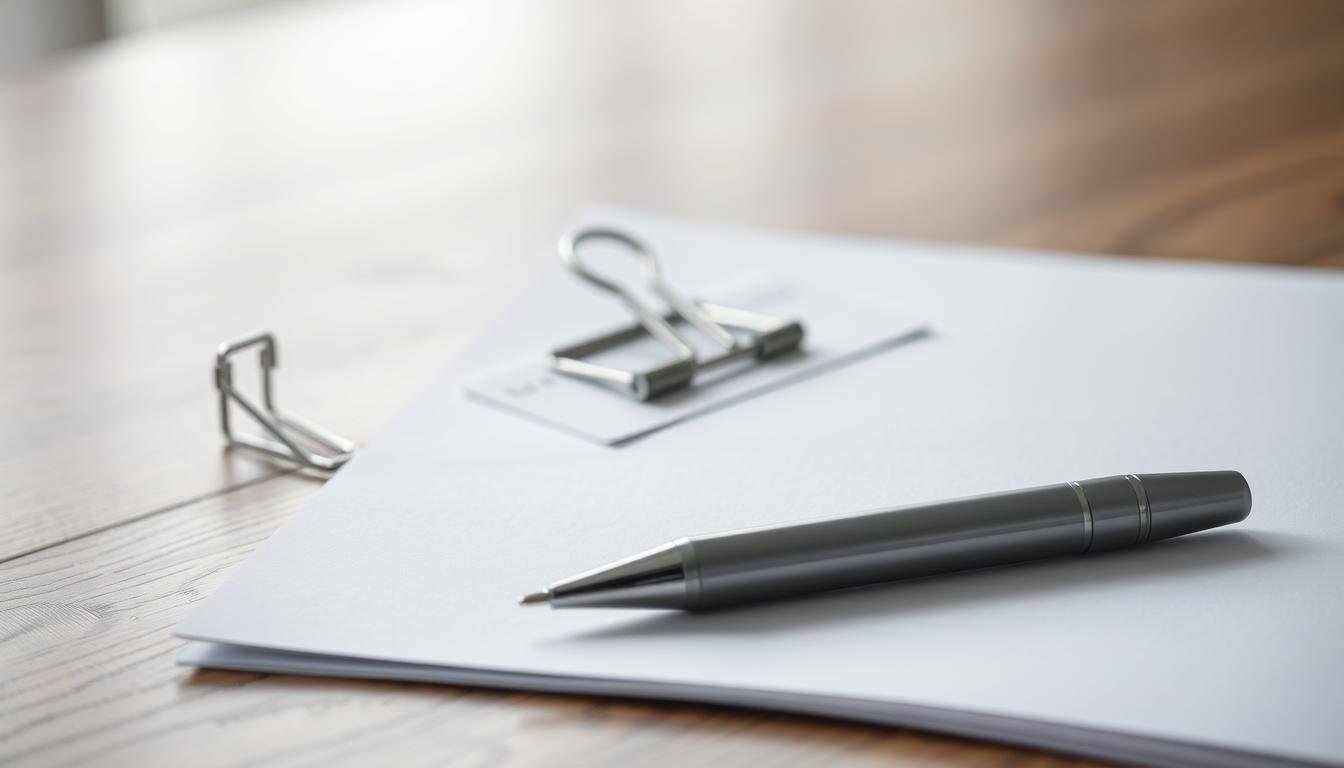In the realm of legal proceedings, understanding the significance of deposition questions is paramount. This legal guide is designed to assist attorneys and legal professionals in mastering how to prepare for depositions effectively. By focusing on essential deposition questions, this guide aims to streamline your deposition strategy, ensuring that you can gather valuable insights from witnesses or involved parties. With a clear focus on the deposition process, we hope to enhance your legal practices and help you navigate these crucial steps in litigation.
Understanding Depositions: A Critical Step in Legal Proceedings
Understanding depositions is essential for anyone involved in legal proceedings. These pre-trial sessions allow attorneys to ask questions of witnesses or parties under oath outside the courtroom. The deposition process plays a crucial role in fact-finding, helping attorneys gather evidence and assess the credibility of witnesses. By recording testimonies during depositions, they become part of the official court records, serving as valuable references throughout the case.
Each jurisdiction enforces strict procedural rules governing the deposition process. These rules ensure fairness and maintain the integrity of the legal proceedings. Attorneys must be well-versed in these regulations to maximize the effectiveness of depositions. As a cornerstone of the discovery phase, understanding depositions significantly enhances an attorney’s ability to prepare for trial and advocate for their clients.
The Role of Depositions in Litigation
Depositions play a crucial role in the litigation process, serving as a fundamental tool for evidence gathering. Through these formal interviews, attorneys obtain vital information that shapes their legal strategy. By questioning witnesses under oath, lawyers can reveal both the strengths and weaknesses of their case. This insight allows them to adapt their approach, whether preparing for trial or engaging in settlement discussions.
During depositions, attorneys assess the credibility of witness statements and identify any inconsistencies. This preparation is essential in building a strong case, as it equips lawyers to counter any unexpected developments during the trial. As depositions significantly impact the trajectory of legal proceedings, their importance cannot be overstated in the overall litigation process.
What Are Deposition Questions?
Deposition questions serve as a crucial tool in the legal process, designed to draw out specific information from witnesses involved in a case. Unlike other forms of legal questioning, deposition questions focus primarily on gathering facts and testimony that can elucidate events relevant to the legal dispute. They aim to uncover personal knowledge and insights that the witness may hold regarding the specifics of the case.
There are several types of questions commonly utilized during witness examinations in depositions. Background questions often seek to establish context, asking witnesses about their qualifications and relationship to the matter at hand. Questions regarding events directly pertain to the witness’s account of occurrences central to the case. Additionally, inquiries about documents are essential for understanding any written evidence that may support or challenge the claims being made.
Effective deposition questions are not merely a formality; they are meticulously crafted to unearth vital details. By strategically determining the types of questions to ask, attorneys can build a stronger case or counter opposing claims. This process of questioning helps define the narrative and can significantly impact the outcome of the litigation.
Preparing for a Deposition: Key Considerations
Effective preparation for deposition is crucial for success in legal proceedings. Attorneys should begin by reviewing relevant laws and rules that govern depositions in their jurisdiction. Understanding these guidelines helps ensure compliance and enhances the overall effectiveness of the process.
Estimating the likely duration of the deposition is vital. This allows all parties to coordinate their schedules effectively, avoiding unnecessary delays. Drafting comprehensive notices is another critical step in the preparation for deposition, ensuring that everyone involved is informed and adequately prepared.
Attorneys should take time to create a detailed outline of questions tailored to the specific case. This organization not only streamlines the questioning process but also aids in covering all necessary topics. Gathering any relevant documents beforehand can significantly bolster an attorney’s ability to employ effective questioning strategies during the deposition.
Familiarizing oneself with both the case details and the deponent is equally important. Knowing the facts and understanding the witness’s background helps attorneys ask pointed questions, leading to more useful responses. Overall, thorough preparation increases confidence and effectiveness during depositions, turning them into valuable opportunities for gathering testimony.
Essential Deposition Questions to Ask
During a deposition, attorneys must formulate essential deposition questions that uncover important facts and clarify complex issues. This section will outline the significance of background questions, sourcing information, and document exploration, each serving a vital role in gathering comprehensive testimony.
Background Questions to Establish Context
Background questions serve as a foundation for understanding the witness’s perspective. Asking these questions, such as their name, relationship to the parties involved, and relevant experiences, helps establish context. A clear understanding of the witness’s background enhances the attorney’s ability to assess the reliability of their testimony, ensuring the deposition remains focused and relevant.
Sourcing Information: Understanding How the Witness Knows the Facts
Gathering sourcing information is crucial to evaluate the credibility of a witness’s statements. Questions should focus on how the witness acquired their knowledge, whether through direct experience, secondhand reports, or document review. Evaluating the source of information allows attorneys to ascertain the reliability and relevance of the testimony provided.
Exploring Documents Related to the Case
Document exploration is an essential step in the deposition process. Attorneys should request and verify any documents that the witness has seen or completed related to the case. Understanding these materials not only supports the witness’s statements but also reveals additional facts that may be pivotal to the case. Thorough exploration of documents can uncover vital connections and insights that enhance an attorney’s overall strategy.
Strategies for Crafting Effective Deposition Questions
Creating effective deposition strategies involves careful planning and precise language. Developing questions that are easy to understand enhances clear questioning, ensuring witnesses can provide accurate and detailed responses. Legal professionals must strive for straightforward inquiries that minimize confusion and maximize clarity.
Using Clear and Direct Language
Employing clear and direct language is essential when crafting deposition questions. This approach helps eliminate ambiguity, allowing the witness to grasp each question fully. The precision of language plays a crucial role in obtaining reliable answers, which can significantly impact the outcome of a case.
Following the Funnel Technique for Questioning
The funnel technique serves as an effective method for structuring deposition questions. This technique begins with broad inquiries before gradually narrowing the focus to specific details. By starting with overarching questions, attorneys can discover essential context and guide witnesses toward more nuanced aspects of their testimony. Utilizing the funnel technique ensures comprehensive information collection, leading to effective deposition strategies that support case objectives.
Common Pitfalls to Avoid During Depositions
Avoiding deposition pitfalls is crucial for any attorney aiming for successful depositions. One of the most common mistakes involves asking leading questions, which may coerce the witness’s responses and undermine the integrity of the testimony. Listen attentively to the answers given; failing to do so can result in missing important details that could influence the case.
Preparation is key. Attorneys who neglect to prepare adequately can encounter issues that might be easily circumvented with proper planning. A thorough understanding of the case and the witnesses involved provides a solid foundation for effective questioning. Remaining professional and composed is essential, as getting drawn into arguments with witnesses or opposing counsel detracts from the goal of gathering valuable information.
Handling Objections and Disputes During Depositions
During depositions, attorneys often face deposition objections from opposing counsel. These legal objections can arise from concerns about relevance or privilege, and navigating them requires skill and diplomacy. It is vital to recognize which objections merit attention and which should be disregarded. When an improper objection occurs, staying focused on the questions at hand can keep the deposition on track.
In cases of courtroom disputes, witnesses need clear guidance on how to respond. Attorneys typically instruct their witnesses to answer questions unless explicitly protected by law. Maintaining a calm demeanor proves essential, as it directs the focus back to obtaining honest and informative answers. Instead of getting sidetracked by courtroom disputes, attorneys should prioritize the deposition’s purpose and work through the challenges efficiently.
Post-Deposition Planning: Next Steps
After completing a deposition, it is crucial to focus on post-deposition actions that will guide future legal strategy. Begin by thoroughly reviewing the deposition transcript. This process allows the legal team to highlight significant statements that may play a pivotal role during trial proceedings. Identifying key information early on can facilitate a more tailored approach in court.
Client discussions should take place as a follow-up step. Sharing insights gleaned from the deposition can shape how clients perceive their case and prepare them for what’s to come. It is essential to reassess the current legal strategy based on the information gathered during the deposition. Adjustments may be necessary to ensure that all angles are covered and that the strategy aligns with the evolving understanding of the case.
Ultimately, these next steps are vital for maximizing the impact of the deposition. Careful planning and informed decision-making during this phase will enhance the effectiveness of the legal strategy as the case progresses.
Conclusion
In summarizing the deposition process, it is evident how crucial effective deposition questions are in legal proceedings. By understanding the role of depositions and applying strategic questioning, legal professionals can significantly enhance their cases. This deposition process summary emphasizes the necessity of preparation, as well as the importance of clarity and focus during questioning.
Legal practitioners are encouraged to embrace a variety of effective legal strategies when approaching depositions. From crafting clear questions to navigating objections, these techniques help ensure that depositions are conducted smoothly and yield valuable insights. As such, the outcome of a case can hinge on how well depositions are managed.
As we wrap up, it’s essential for legal professionals to keep these concluding thoughts in mind: continual learning and adaptability are vital in the legal field. By staying informed and honing their skills, they can navigate the complexities of depositions with confidence, ultimately leading to more favorable outcomes in their cases.













Leave a Reply